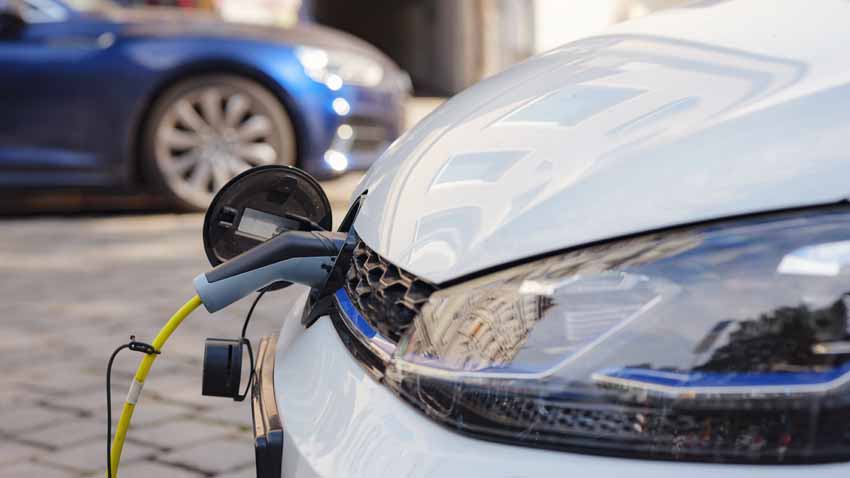
New rules that came into force on 1 January 2024 require that at least 80% of new cars and 70% of new vans sold in the UK must be zero emission compliant by 2030.
The Mandate, and the Vehicle Emissions Trading Schemes Order via which it has been enacted, are implemented under the Climate Change Act of 2008. Furthermore, the Zero Emission Vehicle Mandate has also set figures for 2024: this year, a minimum 10% of cars and 22% of vans must be emissions-free. In practical terms, emissions-free means electric vehicles. Manufacturers who fail to sell a high enough percentage of zero emissions vehicles face a fine of £15,000 for every non-compliant vehicle they sell over the permitted percentage.
Additional targets aim to increase emissions-free sales to 100% by 2035 but the new rules actually only legislate until 2039, so hitting the 100% target by 2035 will require voluntary compliance by the industry or additional legislation.
The real world picture
Sales figures for the first half of 2023 showed that the percentage of zero emissions vehicles sold stood at 16%, showing significant improvement will be needed if the mandated targets for 2024 and beyond are to be met. Those manufacturers like Tesla, whose product line is already all-electric, clearly have an advantage but others such as BMW, Jaguar and Porsche are also either already compliant, or pretty close to it. Figures show that it is Ford and many of the leading Japanese brands who will struggle most to hit the required levels as internal combustion vehicles still comprise such a large part of their catalogues.
Obstacles?
Legislation is one way for the government to signal determination to tackle climate change, but legislation is not the only factor that will influence the outcome of the desired transition to emissions-free driving. Motorists are still concerned by the dearth of public charging stations available. The fact that the government missed its own target of having at least six rapid charging points at every motorway service station in England by the end of 2023 will do little to reassure buyers that the infrastructure is there to support the choice to buy electric cars.
Obviously manufacturers can only sell electric vehicles to a market that is willing to buy them so factors such as vehicle reliability and customer satisfaction ratings, improvements in battery technology and affordability will all play a part in whether targets will be met or fines paid.
If targets are not met, the manufacturers may not be the only ones under pressure. The government will have difficult questions to answer if it fails to ensure the availability of the supporting infrastructure. Many critics are also complaining that more schemes and subsidies are needed to help consumers afford to go electric.
Virtue signalling
A reduction in man made emissions is essential to mitigating the already-evident effects of climate change. If you already drive a zero-emissions vehicle then you are entitled to display green-flash number plates to show that you're doing your bit.
When you buy a personal registration from Regtransfers, you may select your green-flash number plates from the available options we offer!
